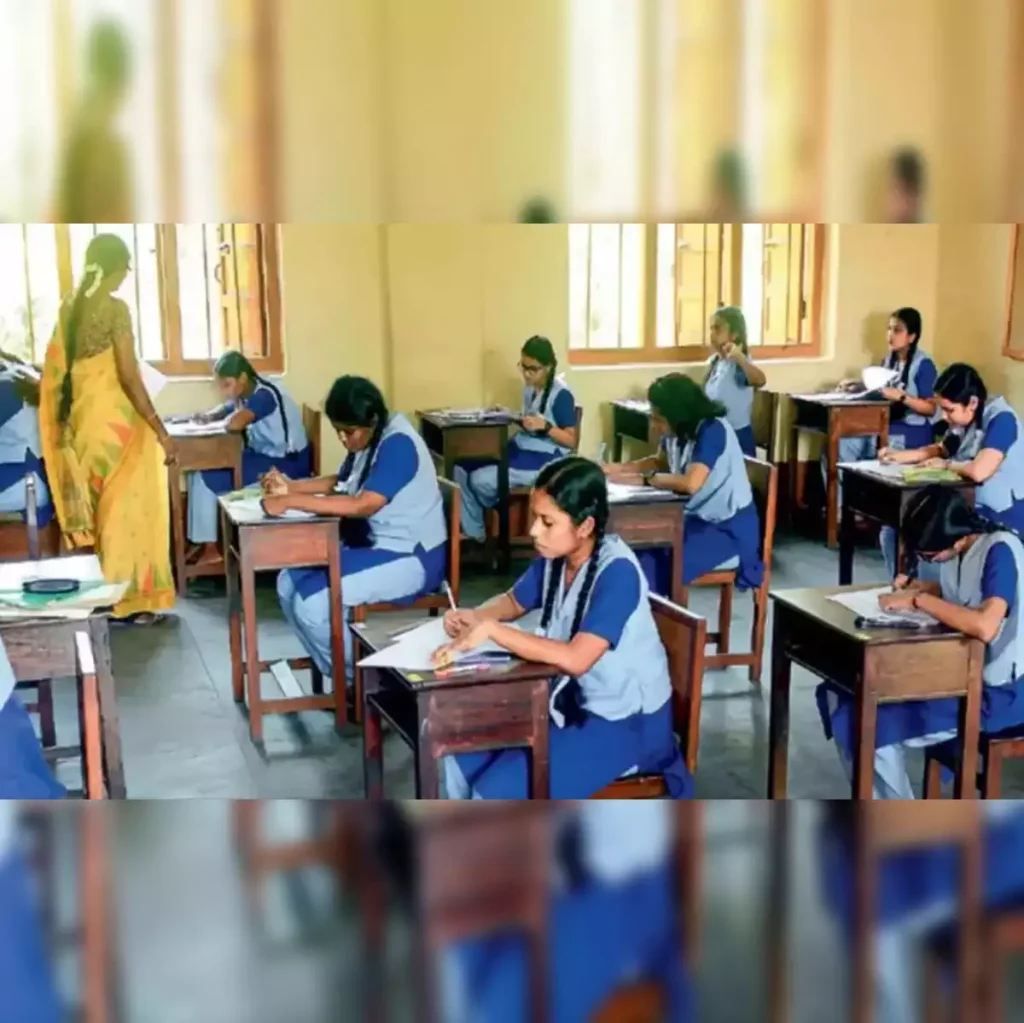Context:
The Union Government has scrapped the “no-detention” policy for Classes 5 and 8, allowing schools to fail students who do not pass the year-end exams.
More on the News
The Ministry of Education has published a gazette notification, titled “Right of Children to Free and Compulsory Education (Amendment) Rules, 2024”.
- The ‘no-detention’ policy was enshrined in the RTE Act, of 2009, but one of the significant concerns was that the policy led to high failure rates.
The changes will apply to all the schools governed by the Union government including Kendriya Vidyalayas, Jawahar Navodaya Vidyalayas, Sainik Schools, and Eklavya Model Residential Schools.
Key Highlights of the Amendment
Revised Detention Policy for Grades 5 and 8:
- Under the new rules, students in Grades 5 and 8 attending schools established, owned, or controlled by the Central Government or Union Territories without legislatures will now face a modified detention framework.
- If a student does not meet the promotion criteria after annual examinations, they will receive additional instruction and an opportunity to reappear for re-examinations within two months after the results are declared.
- If the student still does not fulfil the promotion criteria after the re-exam, he/she can be held back.
- In case a student is detained the class teacher shall guide the child as well as the parents of the child, if necessary, and provide specialised inputs after identifying the learning gaps at various stages of assessment.
- The rules also add that the head of the school shall maintain a list of children who are held back and personally monitor the provisions provided for specialised inputs to such children and their progress with respect to the identified learning gaps.
- The rules further specify that no child shall be expelled till the completion of elementary education.
Alignment with NEP 2020 and NCFSE:
- The revised rules are in line with the vision of NEP 2020 and the National Curriculum Framework for School Education (NCFSE), which was shared publicly in August 2023.
Background of No Detention Policy
- Section 16 of the Right to Education Act, 2009, introduced a no-detention policy to prevent students from being detained up to Class 8, aiming to ensure a minimum level of education and reduce dropout rates.
- By 2016, several States called for scrapping the no-detention policy and the Central Advisory Board of Education passed a resolution in this regard, citing concerns that it reduced students’ seriousness toward academics.
- Following this, the Union government amended the Right to Education (RTE) Act in 2019, allowing the “appropriate government” to decide on holding back children in Classes 5 and 8. This left it to the States to decide on scrapping the no-detention policy.
Implementation Status Across India
- States/UTs Adopting Revised Rules: Since the amendment, 18 States and UTs, including Assam, Bihar, Gujarat, Himachal Pradesh, and West Bengal have already scrapped the no-detention policy.
- States/UTs Retaining the No Detention Policy: States like Kerala, Karnataka, Maharashtra, and Andhra Pradesh, along with UTs such as Ladakh and Chandigarh, continue to follow the no-detention policy for Classes I to VIII.
- Pending Decisions: Haryana and Puducherry are yet to decide on implementing the revised detention policy.
National Education Policy (NEP) 2020
The NEP 2020 is a transformative initiative for overhauling the education system to foster critical thinking, innovation, and inclusivity.
It covers education at all stages including early childhood care and education, school education, higher education, teacher education and vocational education.
The Policy proposes the revision and revamping of all aspects of the education structure, including its regulation and governance, to create a new system aligned with SDG-4.
The policy recommends four National curriculum frameworks such as –
- School Education (NCFSE),
- Early Childhood Care and Education (NCFECCE),
- Teacher Education (NCFTE) and
- Adult Education (NCFAE).
Goals and Timelines:
- 2025: Achieve foundational literacy and numeracy for all students.
- 2030: Universal education access for ages 3–18.
- 2035: Achieve 50% GER in higher education.
Right of Children to Free and Compulsory Education (RTE) Act, 2009
Objective: Ensure free and compulsory education for children aged 6 to 14 years, consequential legislation envisaged under Article 21-A.
Key Provisions
- Free Education: No fees or charges for elementary education.
- Compulsory Education: Government ensures enrolment and attendance.
- Teacher Standards: Qualified teachers only.
- Private Schools: 25% of seats reserved for disadvantaged children.

